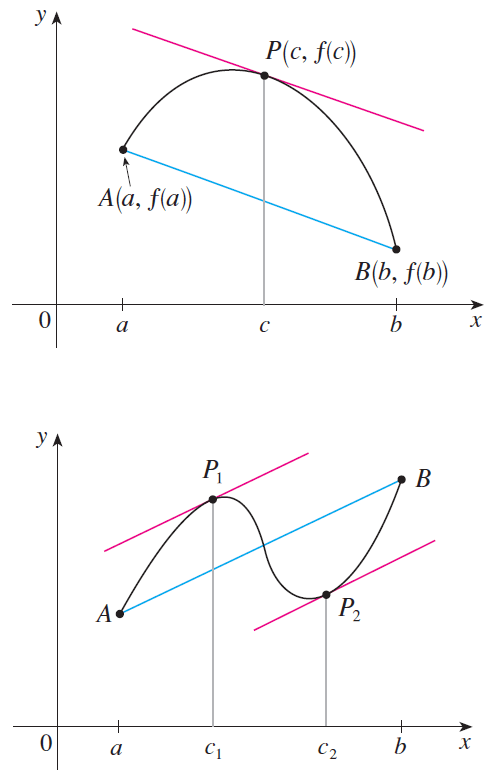EVALUATING IMPROPER INTEGRALS
In a definite integral, if one or both the limits of the integration are infnite, then the integral is called improper integral.
Case 1
Consider the following improper integral.
Let f(x) be continuous on [a, ∞).
In the above integral, one of the limits (upper limit) is infinite.
The infinite limit can be replaced by a variable, say t and take limit t ---> ∞ for the integral.
If the above limit exists and is a finite value, then the integral is CONVERGENT. If the limit does not exist or is infinite, then the integral is DIVERGENT.
Example 1 :
Evaluate :
Solution :
Let u = 1 - 2x.
ᵈᵘ⁄dₓ = -2
-ᵈᵘ⁄₂ = dx
if x = 1, u = -1
if x = t, u = 1 - 2t
Example 2 :
Evaluate :
Solution :
Case 2
Consider the following improper integral.
In the above integral both the limits are infinite.
Chosse an arbitrary value in the interval (-∞, ∞), say 0.
Split up the above integral into two parts as shown below.
Make sure that f(x) is continuous on
(-∞, 0] and [0, ∞)
Example 3 :
Check whether the following improper integral is convergent or divergent. If convergent, find its value.
Solution :
(x3 + x) is continuous on (-∞, 0] and [0, ∞).
If one of the above integrals is divergent, then the given integral is divergent. But, both of the above integrals are divergent. Therefore, the given integral is DIVERGENT.
Note :
Case 3
Let f(x) be continuous over the interval (a, b]. That is, f(x) is not continuous at x = a. Then
If this limit exists as a finite number, and we say the improper integral is convergent. If the limit does not exist or the limit is approaching ∞ or -∞ then we say improper integral is divergent.
Example 4 :
Check whether the following improper integral is convergent or divergent. If convergent, find its value.
Solution :
Let u = x + 5.
ᵈᵘ⁄dₓ = 1
du = dx
if x = t, u = t + 5
if x = 0, u = 5
The given integral is CONVERGENT.
Case 4
Let f(x) be continuous over the interval [a, b] exacept at a point c in (a, b). Then
Example 5 :
Check whether the following improper integral is convergent or divergent. If convergent, find its value.
Solution :
¹⁄₍ₓ ₋ ₁₎ is not continuous at x = 1 in (0, 2).
So, we can split up the above integral into two parts as shown below and evaluate.
If one of the above limits is divergent, then the given integral is divergent. But, both of the above limits are divergent. Therefore, the given integral is DIVERGENT.
Comparison Theorem
Let f(x) and g(x) be continuous over [a, +∞).
Assume that 0 ≤ f(x) ≤ g(x) for x ≥ a.
Case (A) :
Example 6 :
Check whether the following improper integral is convergent or divergent.
Solution :
Since cos2x is having even exponent 2, its value can never be negative. So, the minimum value of cos2x is zero.
Since the maximum value of cosx is 1, the maximum value of cos2x is also 1.
Example 7 :
Check whether the following improper integral is convergent or divergent.
Solution :
Kindly mail your feedback to v4formath@gmail.com
We always appreciate your feedback.
©All rights reserved. onlinemath4all.com
Recent Articles
-
Simplifying Algebraic Expressions with Fractional Coefficients
May 17, 24 08:12 AM
Simplifying Algebraic Expressions with Fractional Coefficients -
The Mean Value Theorem Worksheet
May 14, 24 08:53 AM
The Mean Value Theorem Worksheet -
Mean Value Theorem
May 14, 24 02:48 AM
Mean Value Theorem

